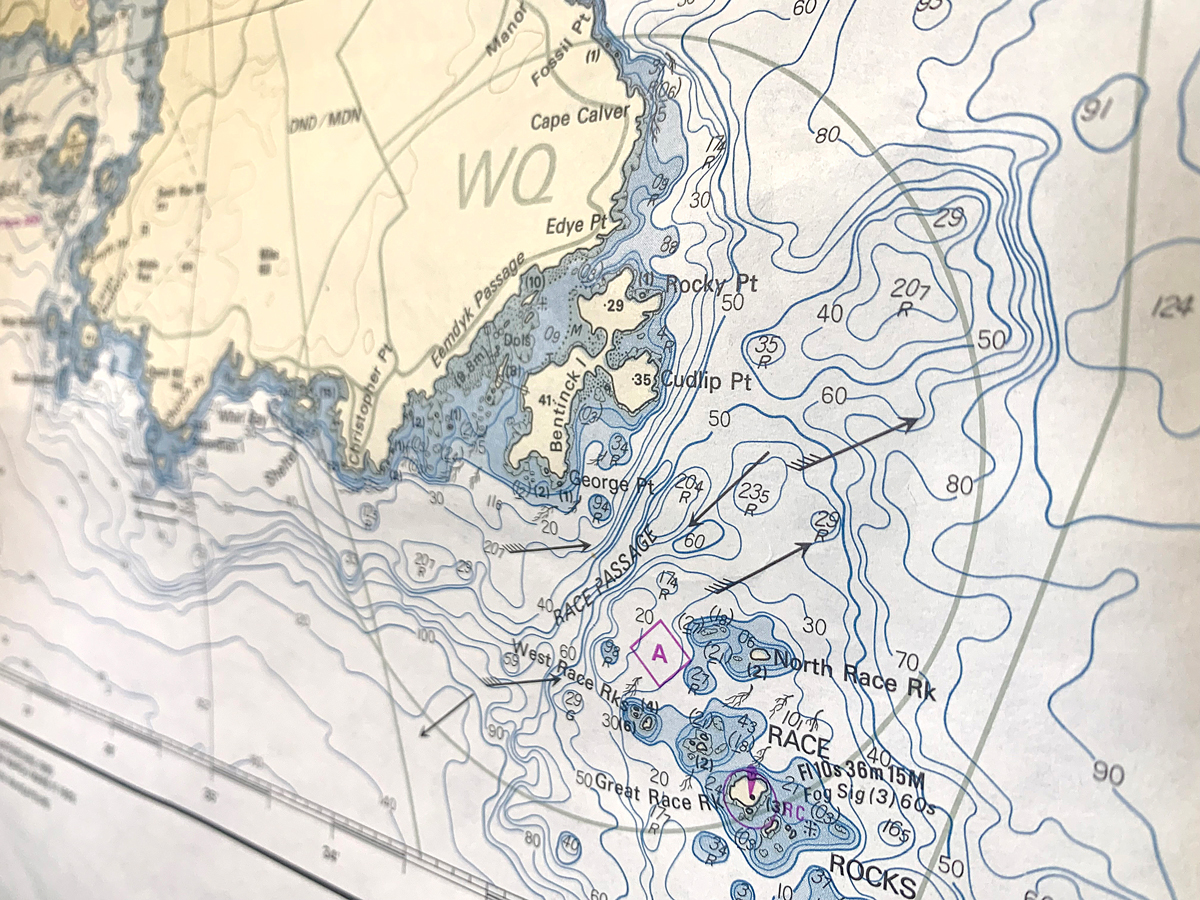Naval Fleet School (Pacific) Conducts Demolition Training
By Lookout Production on Jul 05, 2022 with Comments 0
Kateryna Bandura,
Editor
—
This past week, regular and reserve force boatswains from the west coast got to detonate explosives at the site of a former leper colony.
Eleven students participated in demolition training on the Bentinck Island range June 27-30, under the watchful eye of highly trained instructors. The Rank Qualification Sailor Third Class (RQS3) course marks the beginning of the Boatswain trade training.
Chief Petty Officer Second Class (CPO2) Scott Colburn, Sea Division Chief Petty Officer, said the training went very well.
“The group was highly motivated, even during a short training pause for a pod of Southern Vancouver Island resident killer whales passing through the area,” he said.
During the demolition training, boatswains learn to carefully use explosives so that once employed on a ship, they can use these techniques to safely sink a derelict boat or a half-sunk shipping container, said CPO2 Colburn.
The training is conducted throughout the year as part of the Boatswain trade. Before entering live demolition training, all students must pass the safety exam with a threshold passing grade of 100 per cent.
CPO2 Colburn said demolition training ranges from the rudimentary to more complex concepts.
“It starts with identifying the basic parts and pieces, safety and safe handling procedures, and then moves on to basic charge creation using visual aids and dummy training aids,” he said.
All safety precautions are taken around the training, he assured.
“Highly trained supervisors from Naval Fleet School (Pacific)’s (NFS(P)) Seamanship Division ensure training is carried out safely,” he said. “Personnel is properly trained. Appropriate safety arcs and distances are accurately calculated and observed based on the size of the charge and the type of material being demolished.”
Furthermore, CPO2 Colburn said, safety boats are posted off Bentinck Island to ensure no civilian boats cross the safety perimeter while the range is live.
NFS(P) also works closely with Formation Safety and Environment (FSE) to ensure demolition training has a minimal effect on Bentinck Island’s wildlife.
“The FSE team collects sound data via a hydrophone to verify the sound created above the water is not hazardous to marine mammals under the water,” CPO2 Colburn said.
Before detonating any explosives, NFS(P) ensures the area around Bentinck Island is clear of marine mammals. The Marine Mammal Observation team has the final say on when the training can proceed.
“This ensures we are not detonating explosives when there are any marine mammals inside the measured safety arcs,” CPO2 Colburn said.
Before demolition training takes place, public service announcements are posted and local authorities are notified of the day’s activities. The School will be conducting another RQS3 Demolition training course starting July 11, unless indicated otherwise by the fire index.
Filed Under: Top Stories
About the Author:







